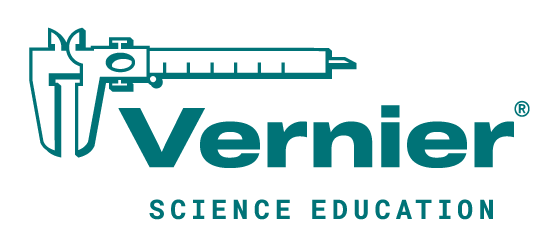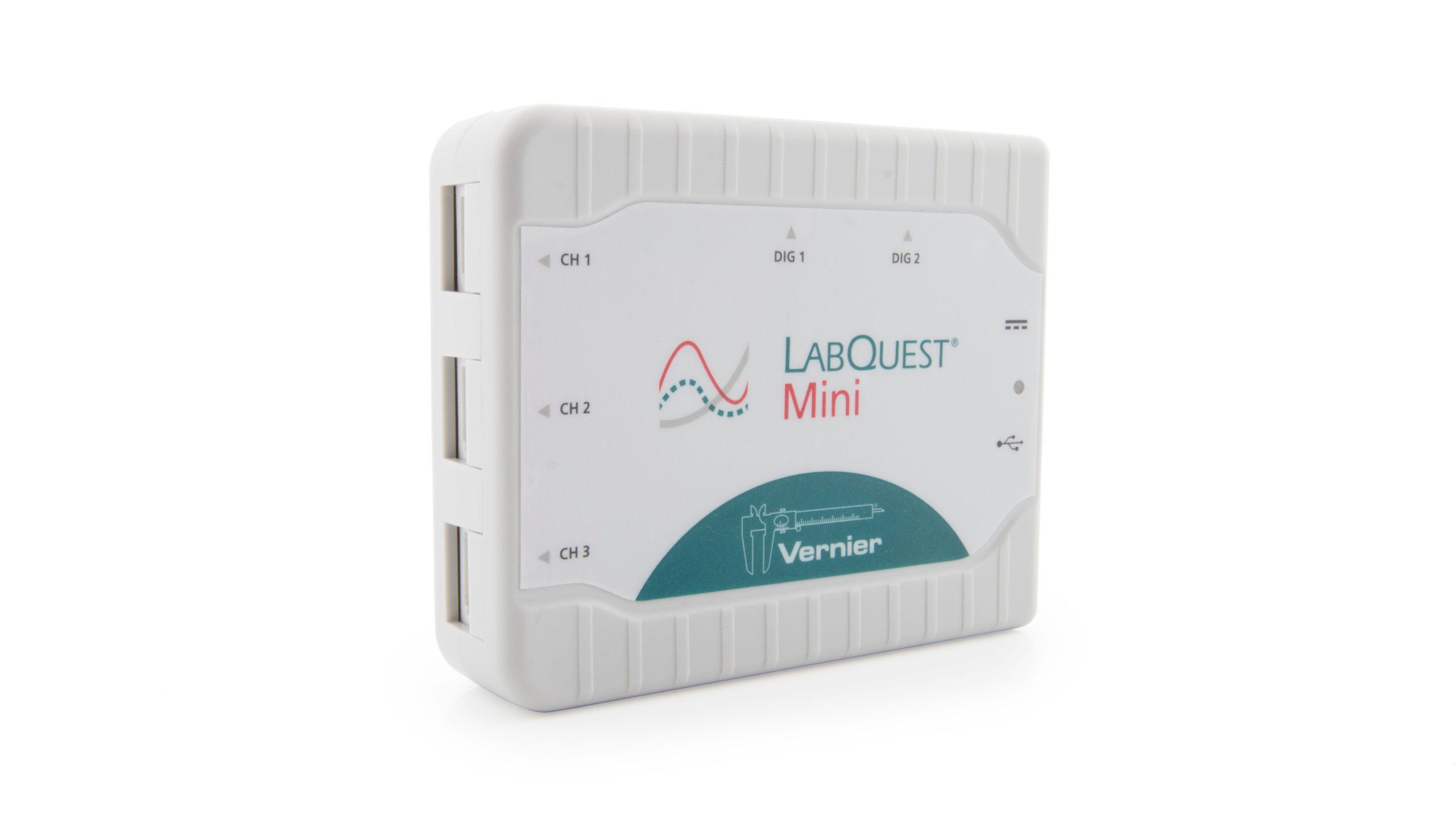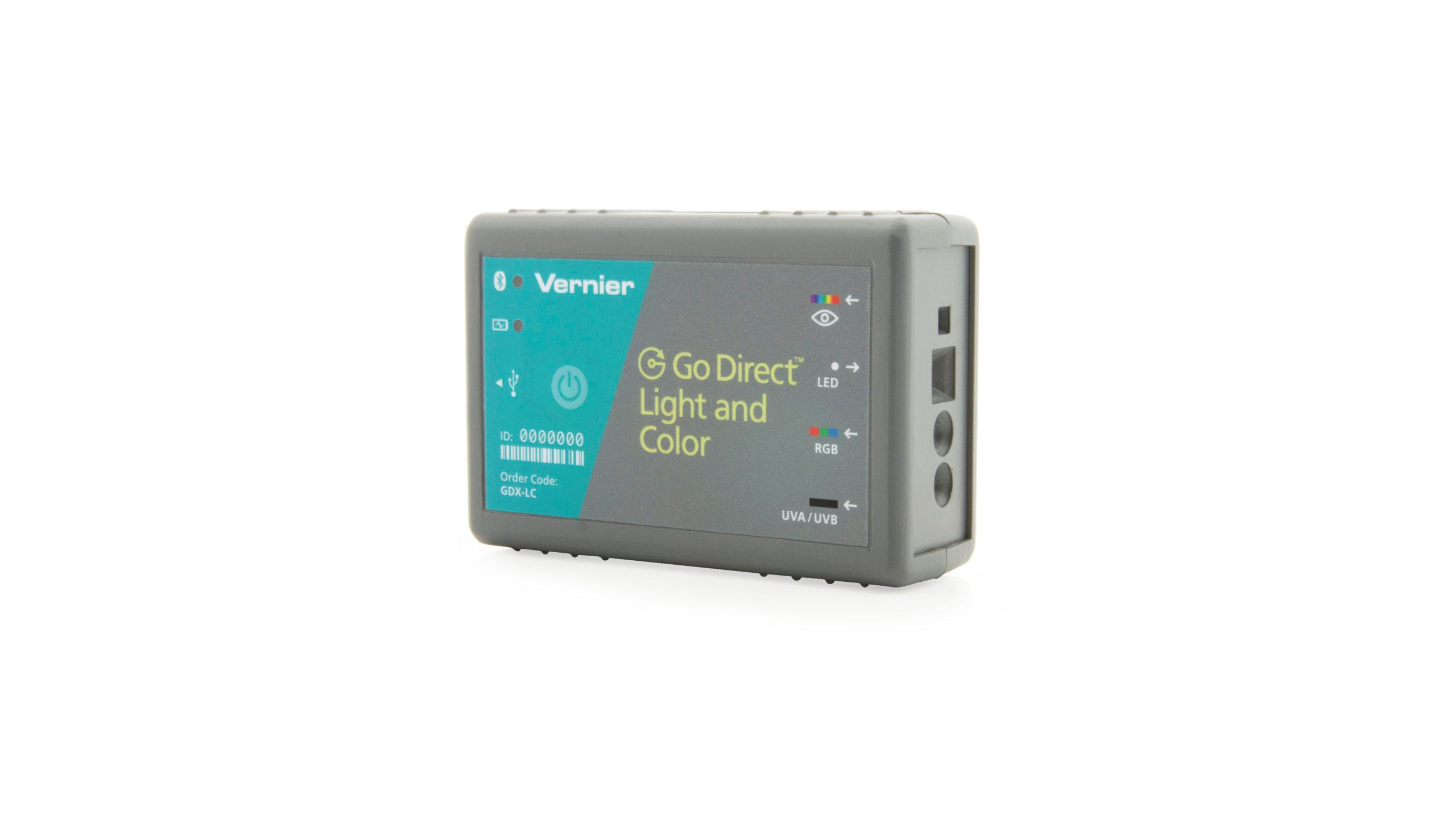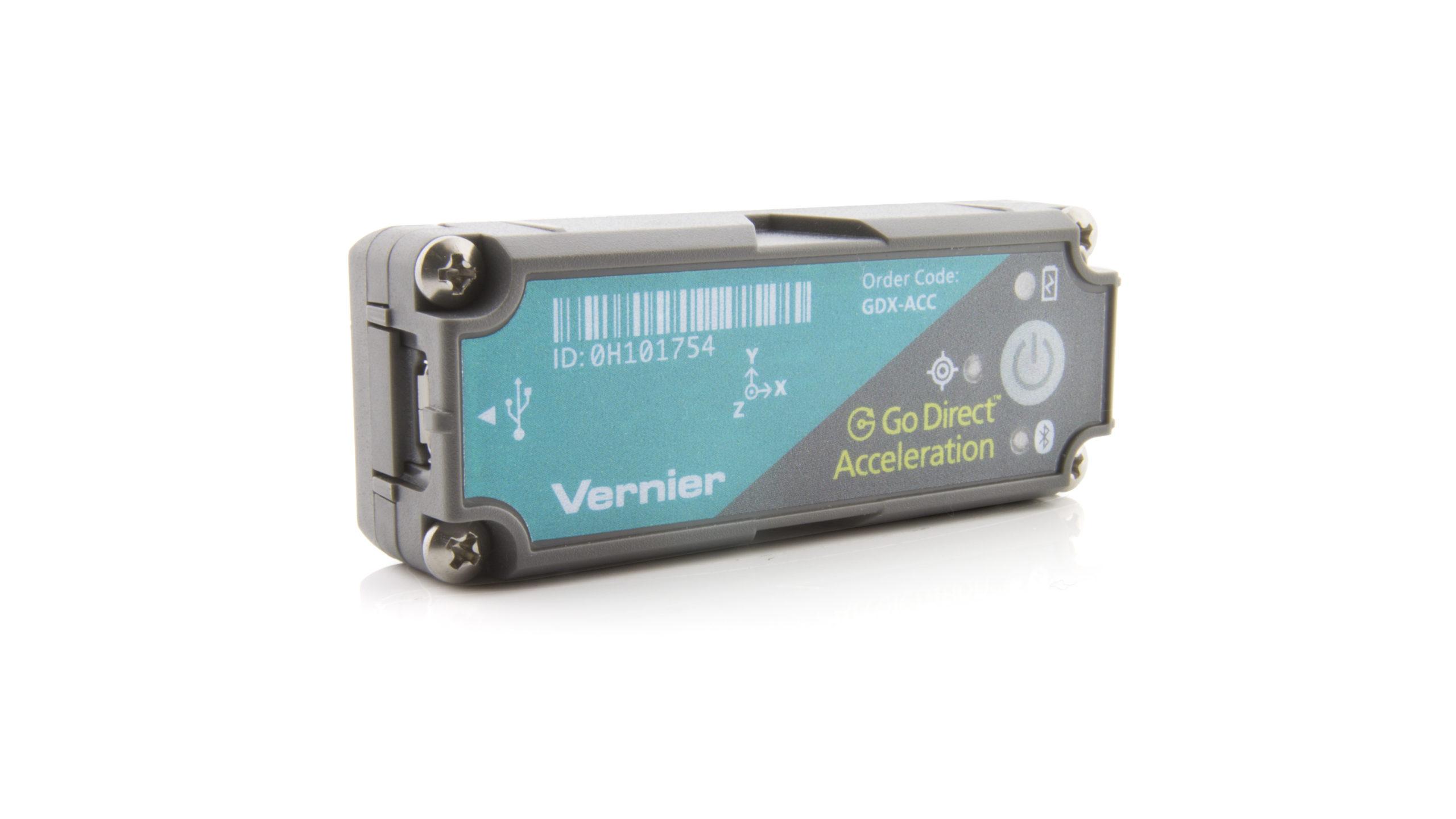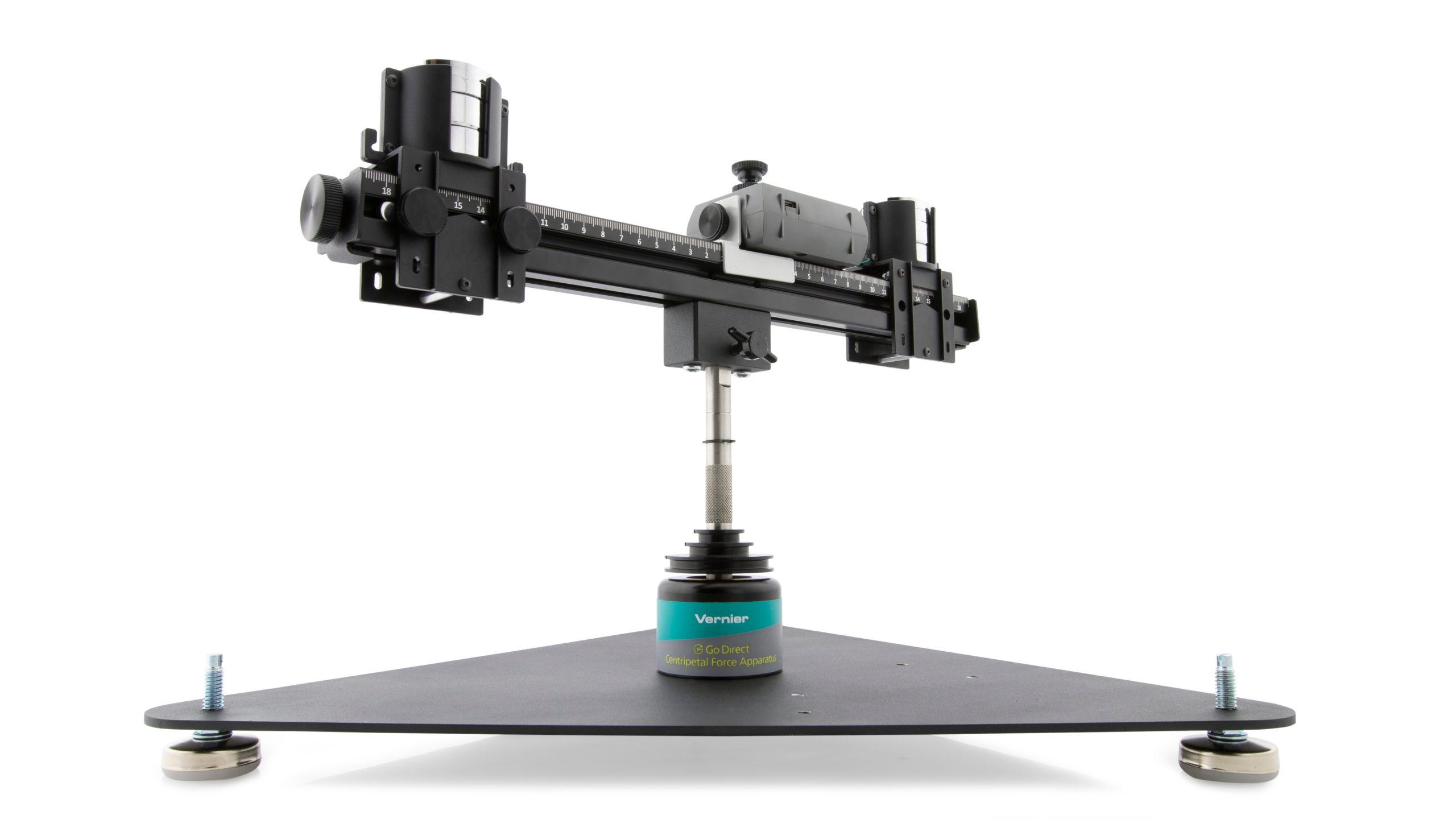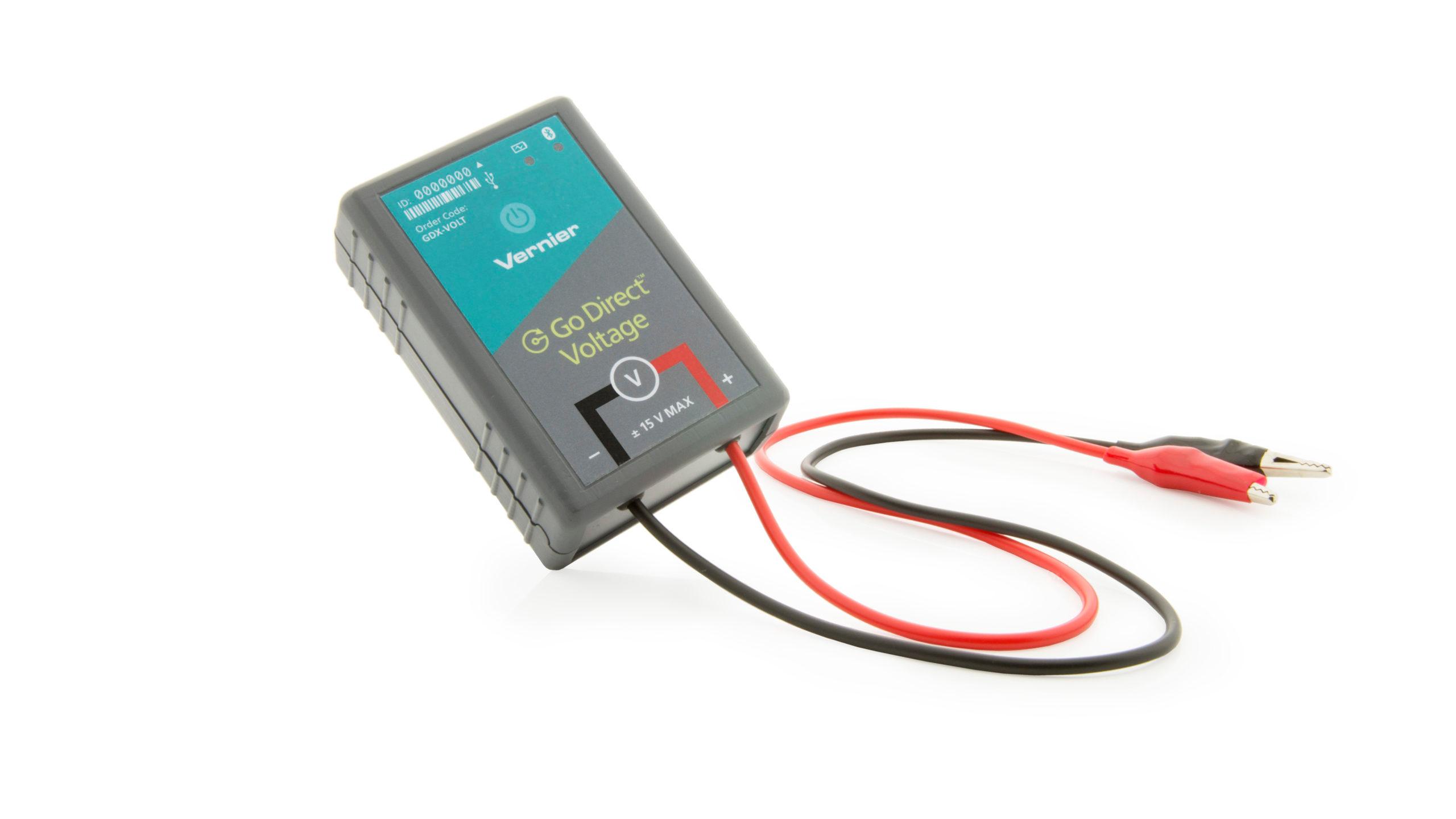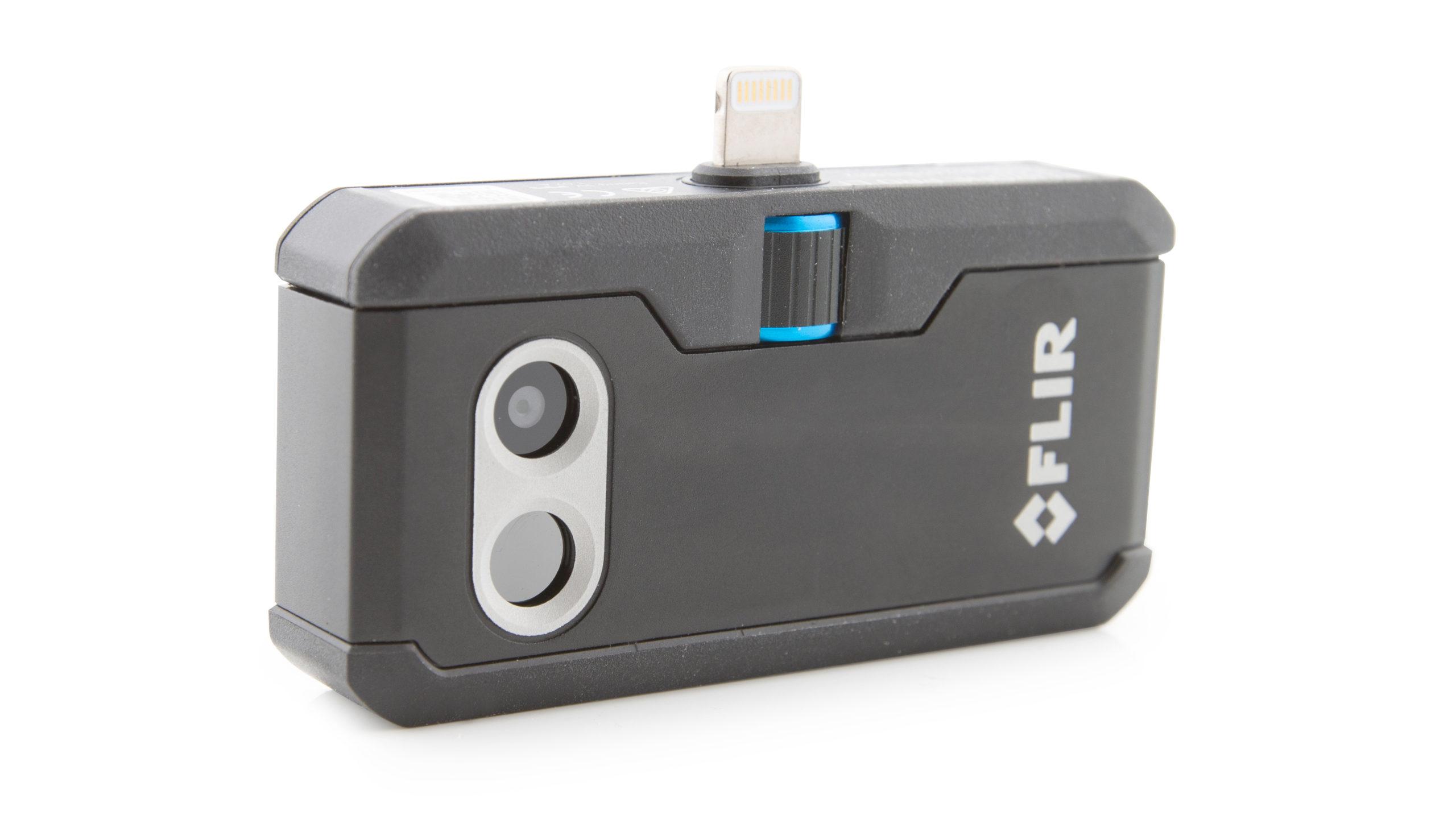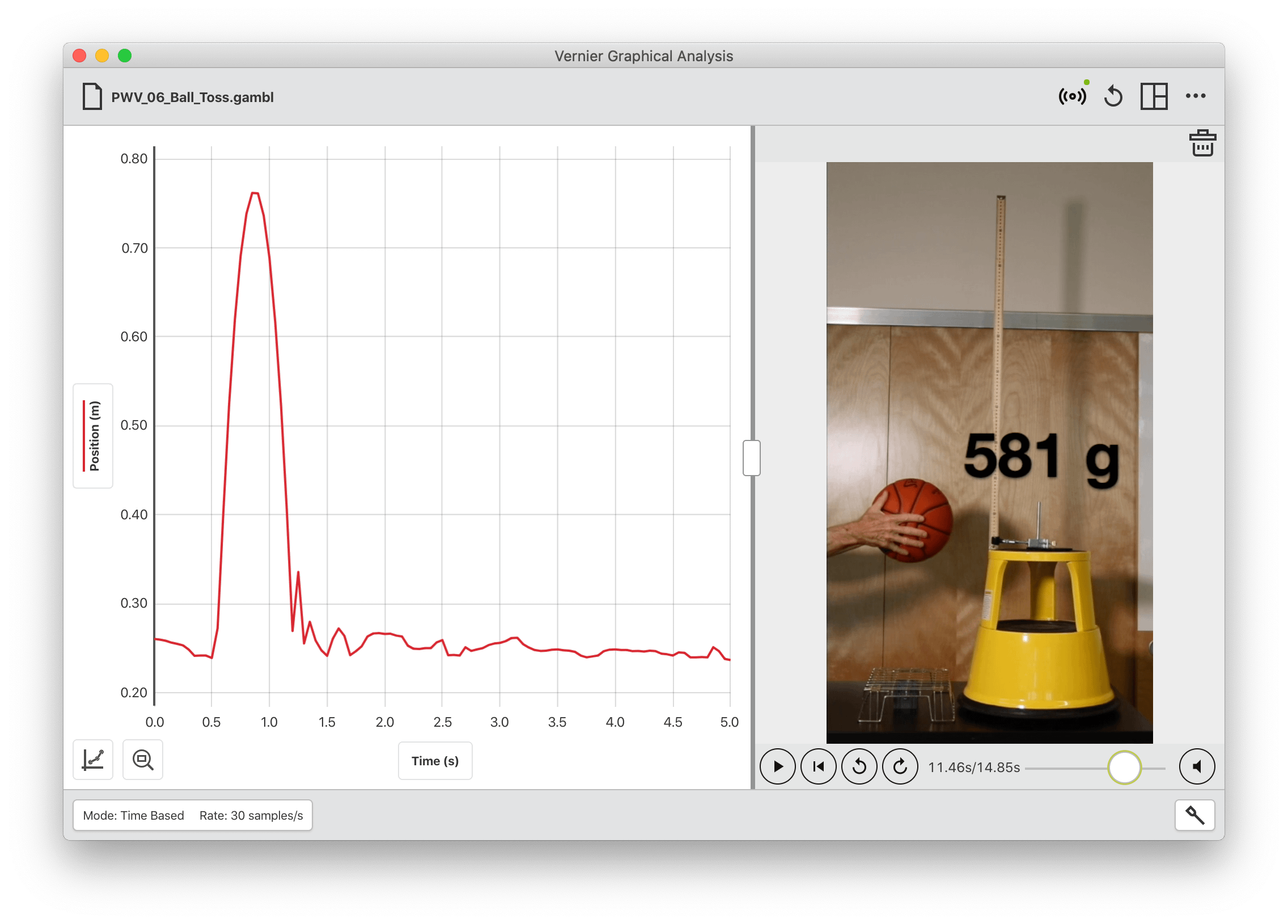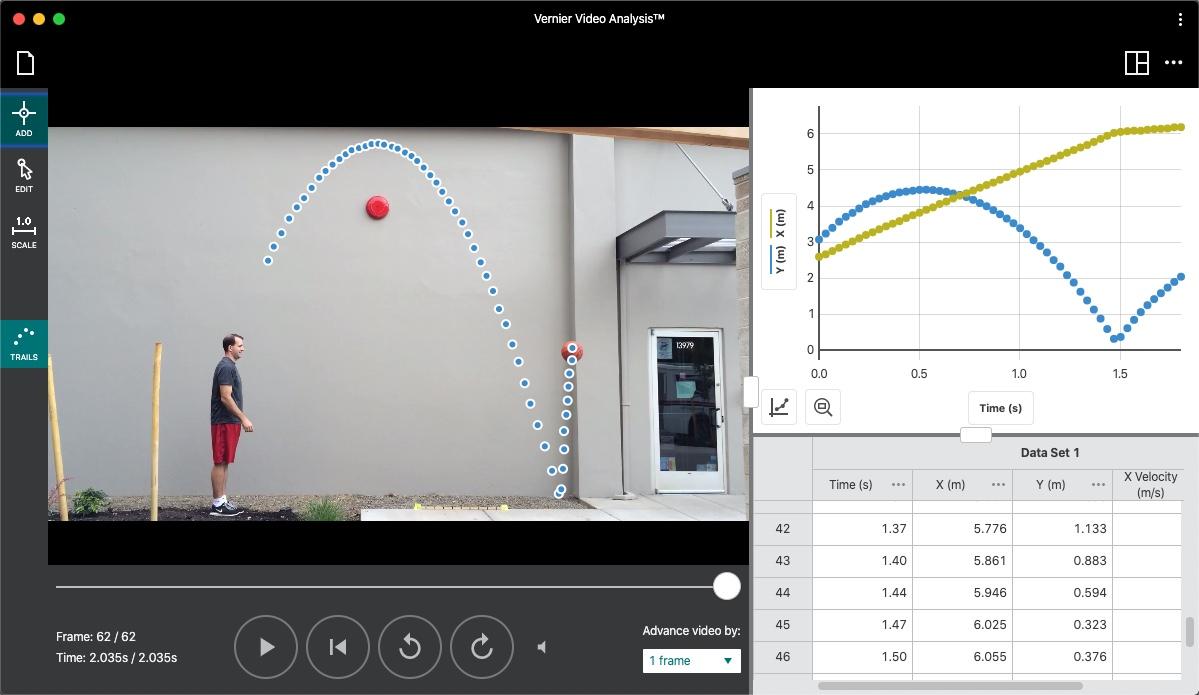AAPT Winter Meeting 2023
At a Glance
SPECIAL EVENT
Dinner at Vernier Science Education
Bus Pick Up:
Monday, January 16, 5:45 P.M. PST
Hilton Portland Downtown
Bus Return:
Monday, January 16, 8:30 P.M. PST
Vernier Science Education
Join us for dinner and drinks at our office from 6:30 to 8:00 p.m. on Monday, January 16! Tour our office, take a trip down memory lane in the Vernier museum, and engage with interactive displays featuring some of our favorite probes and sensors. You can also ride the Vernier slide, search for treasures in the scratch-and-dent area, and even take home a gift!
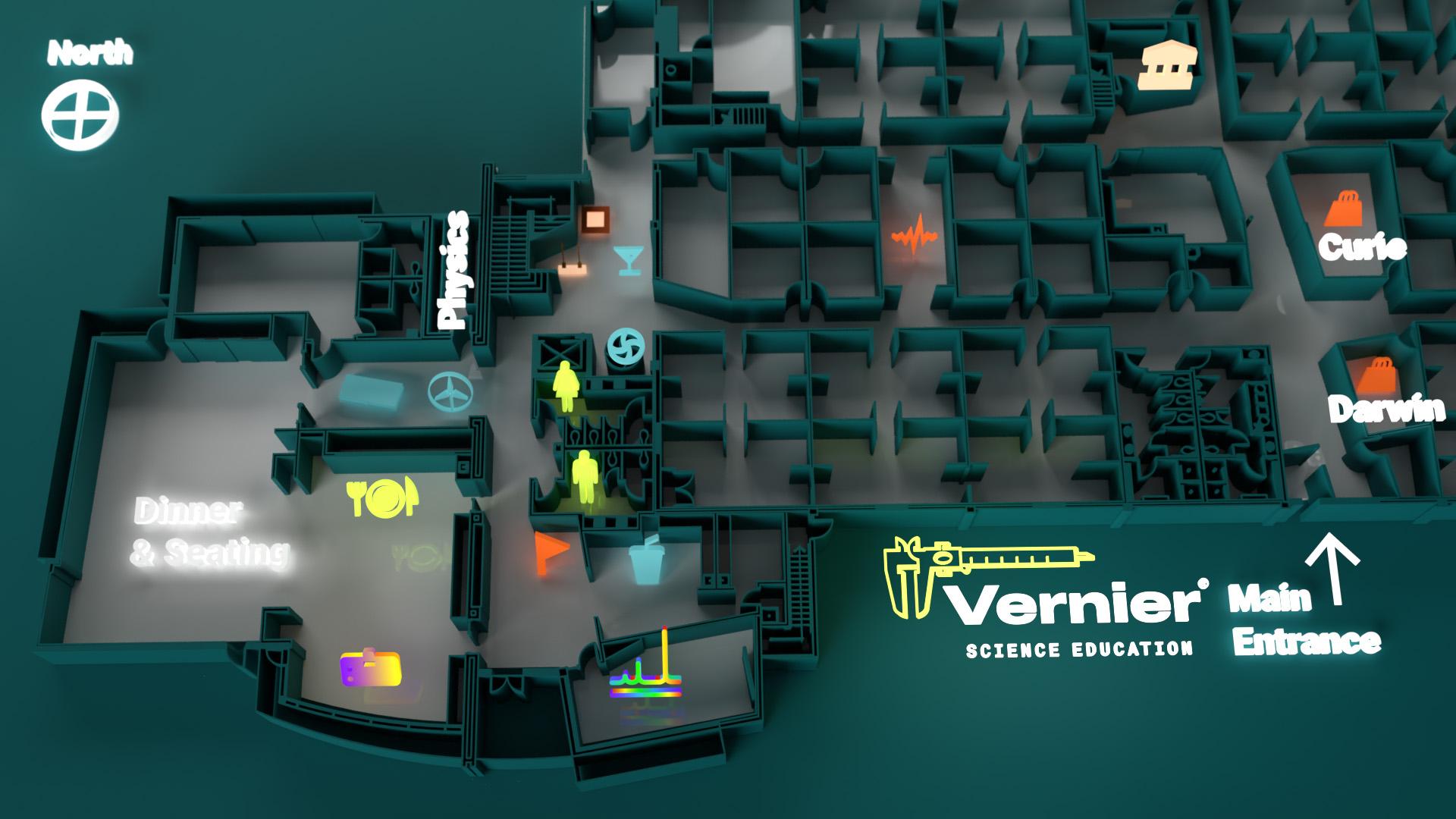
Map of the Vernier Office

Tour starts here

Food & Dinner

Drinks

Soda Fountain and Ice Machine

Restroom - Women's

Restroom - Men's

KidWind

Two Force Plates Demo

Thermal Cameras

Spectroscopy

Giveaways

Vernier Museum

The Slide

VR Sandbox

Pendulum

Seismograph
Learn with Us
WORKSHOP
Python, VPython, and Web VPython with Vernier sensors
11:00 A.M.–12:00 P.M. PST
Location:
Studio Suite
Download Resources
Visit Our Booth
Visit booth 12A to interact with some of our favorite Vernier products and experiments. These solutions help boost student engagement and foster hands-on physics learning.
The wireless Go Direct Sensor Cart includes an optical encoder on a wheel to sense the displacement of the cart, on or off the track. Students can perform impulse and momentum experiments with the built-in force sensor, and the 3-axis accelerometer means you can take your Sensor Cart off campus to investigate accelerations on a swing or merry-go-round.
Go Direct Force and Acceleration includes a ±50 N force sensor, a 3-axis accelerometer, and a 3-axis gyroscope. Take it on an amusement park ride, mount it on a dynamics cart, or attach a string and whirl it in a horizontal or vertical circle—in wireless mode, your imagination is the only limiting factor!
The Go Direct Motion Detector uses ultrasound to measure the position, velocity, and acceleration of moving objects. The compact design and wireless capability of this motion detector eliminate the concern of a dangling cable getting in the way.
Your students can communicate in Python to LabQuest sensors that are connected to a LabQuest interface—combining a powerful data–acquisition device and sensor input with Python. For LabQuest and Python, we offer support for Windows and macOS.
The Go Direct Light and Color Sensor is a powerful and versatile light sensor that measures light in the visible to ultraviolet electromagnetic spectrum. An RGB color sensor detects relative contributions of primary colors in light.
Collect acceleration, rotation, and altitude data in the classroom or in the field. This 3-axis acceleration sensor has two acceleration ranges plus an altimeter and a 3-axis gyroscope. An additional channel measures the angle of the sensor’s long axis.
Centripetal Force Apparatus with Moment of Inertia
When students use the Go Direct Centripetal Force Apparatus with a Go Direct Force and Acceleration Sensor, they can conduct a variety of rotational dynamics investigations with a single experiment setup. This combination easily measures angular velocity and centripetal force and acceleration without the hassle of wires.
The Go Direct Voltage Probe combines a wide input voltage range and high precision, making it an excellent choice for lab investigations of both AC/DC circuits and electromagnetism. Use this differential probe to measure the voltage in simple circuits, to study basic principles of electrochemical cells, or to investigate the resistivity of different metals.
Measure electric currents in circuits with this versatile sensor. The Go Direct Current Probe connects wirelessly via Bluetooth® or wired via USB to your device. The wireless connection eliminates additional cables that can clutter the lab bench. |
The Vernier Circuit Board 2 is a convenient platform for circuit labs, from basic series and parallel circuits to RLC circuits. Many components are provided for experimentation, and additional components can be added to expand the capability of this useful board.
Reveal the hidden world of infrared vision. When used with our Vernier Thermal Analysis® Plus app, students can also collect temperature vs. time data for up to four spots or regions, along with a thermal image video.
Vernier Graphical Analysis Pro enables students to form critical connections between abstract scientific ideas and the real world. With this easy-to-use app, students can visualize the data they collect via nearly any Vernier sensor and interact with that data on every desktop or mobile device commonly found in today’s classrooms.
The Vernier Video Analysis app brings video analysis to your students in an easy-to-use, streamlined application. Students can design their own scientific investigations, record videos, and then analyze the motion. This app brings video analysis to all your students regardless of device—it even works with Chromebooks!
Meet the Team

Dave Vernier
Co-President and Co-Founder
engineering@vernier.com

Christine Vernier
Co-President and Co-Founder

Fran Poodry
Director of Physics
physics@vernier.com
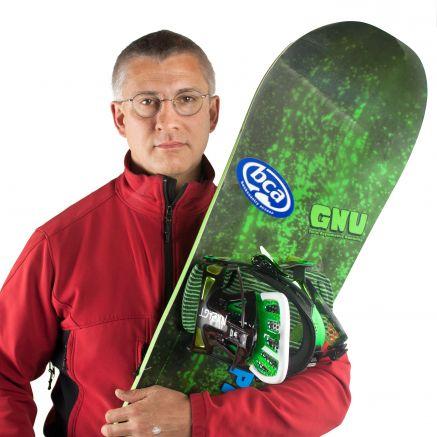
Dr. John Gastineau
Staff Scientist
physics@vernier.com

Josh Ence
Engineering Educational Technology Specialist
engineering@vernier.com

Tom Smith
Engineering Educational Technology Specialist
engineering@vernier.com

Jake Hopkins
Director of Technical Support
physics@vernier.com

David Carter
Technical Support Consultant
support@vernier.com
Connect with us!
Subscribe to our monthly newsletter, The Caliper, and get free experiments, innovative lab ideas, product announcements, software updates, upcoming events, and grant resources.
